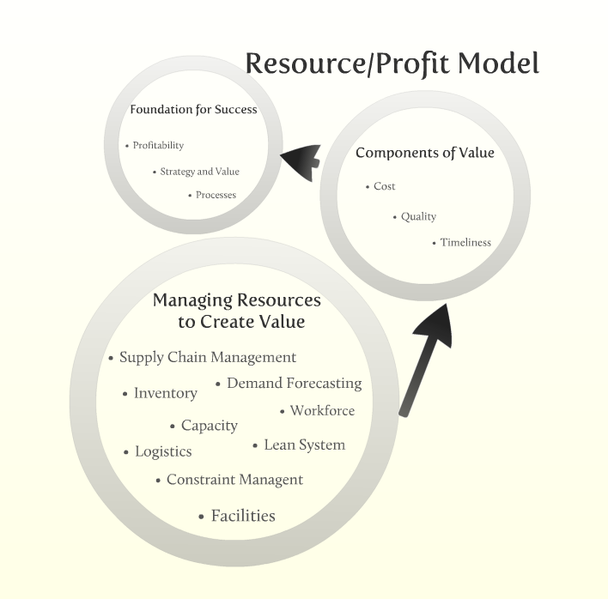Hit on the head again by blogspot.com’s 4KB comment limit. In reply to J. R. Pitt’s Random Ramblings #5
…
Is it weird that I’m honestly disturbed by the way anarchists of all sorts tend to disregard the academics and intellectuals? Usually they do so on the basis that intellectuals are “elitist” or that they don’t “fit” within the framework of their version of anarchist theory.
I only got as far as the BS degree. I’m not very academic, but I’m not very anti-academic, either. I know a lot of anarchists have glommed onto the idea of “unschooling,” or being an autodidact. I think that’s great if it works for them, but in my case there’s a big difference in level of performance between skills in which I’m self taught, and ones in which I’ve taken a course or two. Maybe that means I have an external locus of control. I prefer to think of it as a case of “the bootmaker is an authority concerning boots.”
When it comes to anarchist theory, I’m just not very theory oriented. Most theory just sails over my head. My writing on the subject of anarchy is not very theoretical (although I try to make it logically sound); mainly it is just a personal statement that being pushed around by market and state is painful.
Never mind that these are the same people who attack me and my feminist buddies for wanting to strongly reduce prostitution and porn as much as possible, because “sex workers are workers too” – so, aren’t college and university professors workers as well?
They’re the best kind of workers. Too many of them are not class conscious, but that can be said for workers in every industry.
Do academics not have a role in your revolution? It’s this disdain for intellectualism that I fear may kill anarchism (not that you shouldn’t be skeptical of academia – of course you should – but throwing academics under the bus just because they have no “use” to your revolution is fucking stupid). If anything, you should be using academics to help further your revolutionary goals. It’s certainly true that academia reproduces the ruling ideology – “education is imposed ignorance,” says the chomskybot – but then again, it could be argued that “sex work” reproduces misogyny and a commodified perversion of sexuality, yet you, dear radical, have no problem with considering the latter workers as allies (even going so far as to convince the IWW to unionize them!).
In the actually-existing world, academia has the closest thing there is to a gift economy, at least among the shrinking number of academics fortunate enough to be able to do “non-classified, non-proprietary” research. Academia’s faculty governance is probably also the closest thing to worker self-management in the actually-existing world. Tenure is the closest thing to job security. Market anarchists (including left-styled libertarians) seem to be opposed in principle to job security, but I’m not. I wish the business workplace operated more like academia. A lot more.
It seems like the anti-intellectualism might be another aspect of the pacification of radicals, the fact that they’re so quick to disregard theory that would be of use to them on the basis of appearing “organic”. I can’t really speak for the marxists, but I see this quasi-populist mentality with anarchists all the time. They reject Critical Theory and dialectical methods simply because they think it makes them look elitist (despite the fact that the Black Panthers taught dialectical materialism to people who could barely read!) and thus puts them on a higher level than the people they desire to help liberate. The idea shouldn’t be to force theory down the throats of the oppressed (and by doing so, completely negating the experiences of those who have dealt with oppression firsthand) but rather create a scenario where both sides learn from each other. Anyway, I plan to write more about this in a future post.
I don’t reject critical theory (but I don’t capitalize it, either). I simply don’t understand it.
…
For example, I have over 100 followers on this blog, but I don’t really care who reads it (unless you’re NSA or FBI and plan on using my blog to find personal information to go after my comrades). I don’t do sub-for-sub (or follow-for-follow) and I only urge people to subscribe if they enjoy my content. I don’t need 40 fucking comments on each one of my posts telling me: “Oh Julia, you’re so insightful!”, “Oh Julia, you’re such a good writer!”, “You’re so creative and I agree with everything you say!”, but the thing is, a lot of other people do. You don’t see this so much on Blogger or WordPress but I see it all the time on Tumblr (which functions more like Twitter than an actual blogging website); people will fish for followers and comments only because it makes them feel important. I see it as a showing of how deprived we are of the feeling of importance in our real lives. Whatever it is, it sucks.
That’s why the big commercial websites (which are largely self-contained populations of netizens) are out to destroy the blogosphere, and why there is so much marketing buzz around “the PC is dead” (translation: the QWERTY keyboard, and literate communication in general, is dead) or “blogging is so 2006” (translation: support for RSS feeds will be discontinued). It’s part of a larger effort called by some “the war against general purpose computing.”


![By Jascha Goltermann [GFDL (http://www.gnu.org/copyleft/fdl.html) or CC-BY-SA-3.0-2.5-2.0-1.0 (http://creativecommons.org/licenses/by-sa/3.0)], via Wikimedia Commons By Jascha Goltermann [GFDL (http://www.gnu.org/copyleft/fdl.html) or CC-BY-SA-3.0-2.5-2.0-1.0 (http://creativecommons.org/licenses/by-sa/3.0)], via Wikimedia Commons](http://upload.wikimedia.org/wikipedia/commons/2/28/Latinamerica_political_map.jpg)

